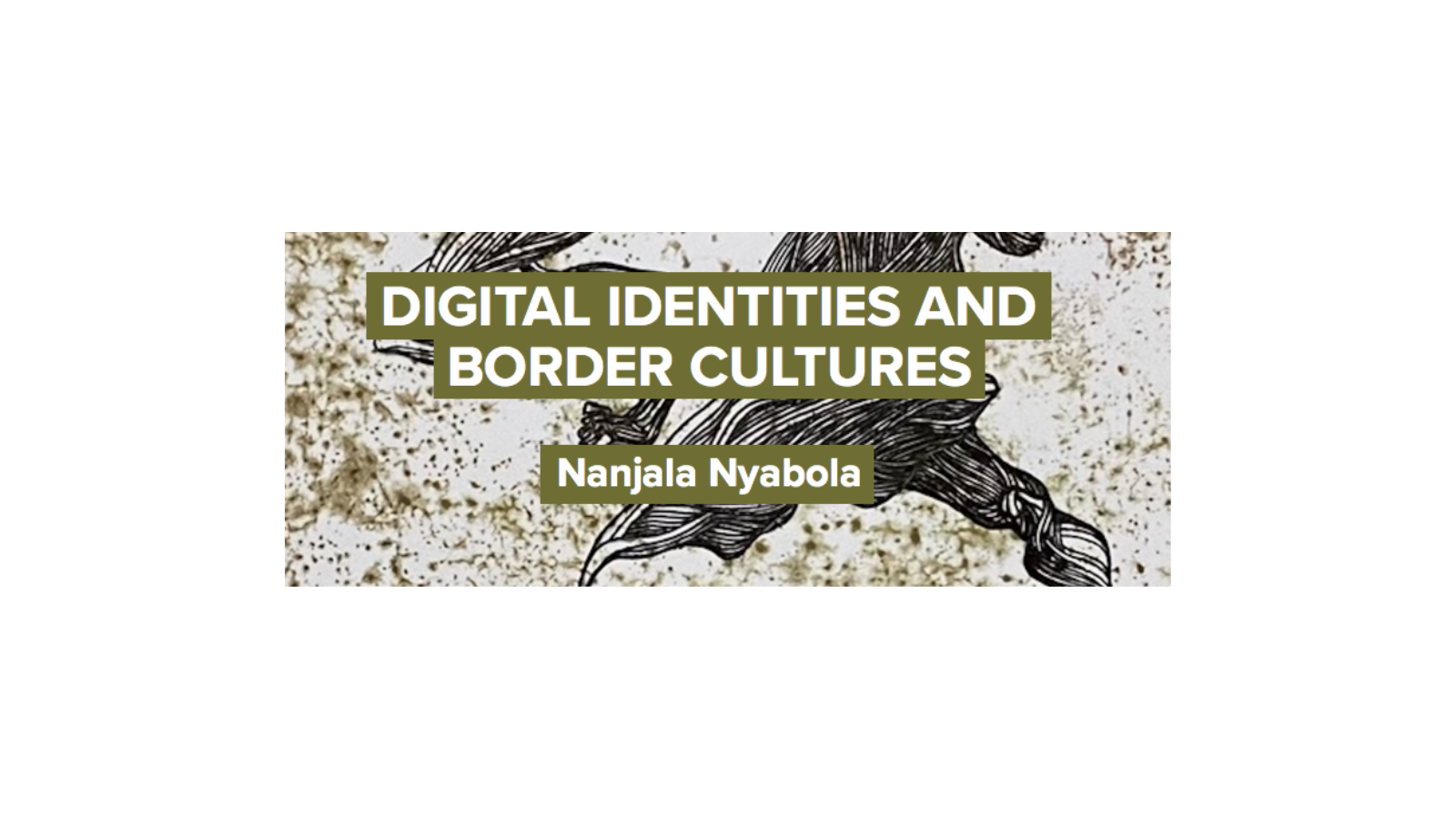Technology has become a major mechanism to manage the movement of people both domestically and internationally, triggering ethical debates about its impact, particularly when employed by democratic governments in ways that are at odds with universal human rights. Countries are deploying tools to address the questions of digital citizenship and digital identity, but the leap between legal and technical definitions of identity is not insignificant and has major social implications, as discussed here. The rise of technosolutionism, or reliance on technology to solve complex social and political
issues better suited to social approaches, reinforces exclusionary ideologies such as ethnonationalism and racism. That same technology, developed in securitized immigration contexts with fewer legal protections, is then often redeployed more broadly within democratic societies, or sold overseas to governments with less responsive governance structures, muddying citizens’ expectations of due process, civil rights, and democratic protections.
This paper intends to better inform the conversation around technology’s impact on democracy by evaluating technosolutionism and its application to the management of human mobility.
Quelle: Digital Identities and Border Cultures

